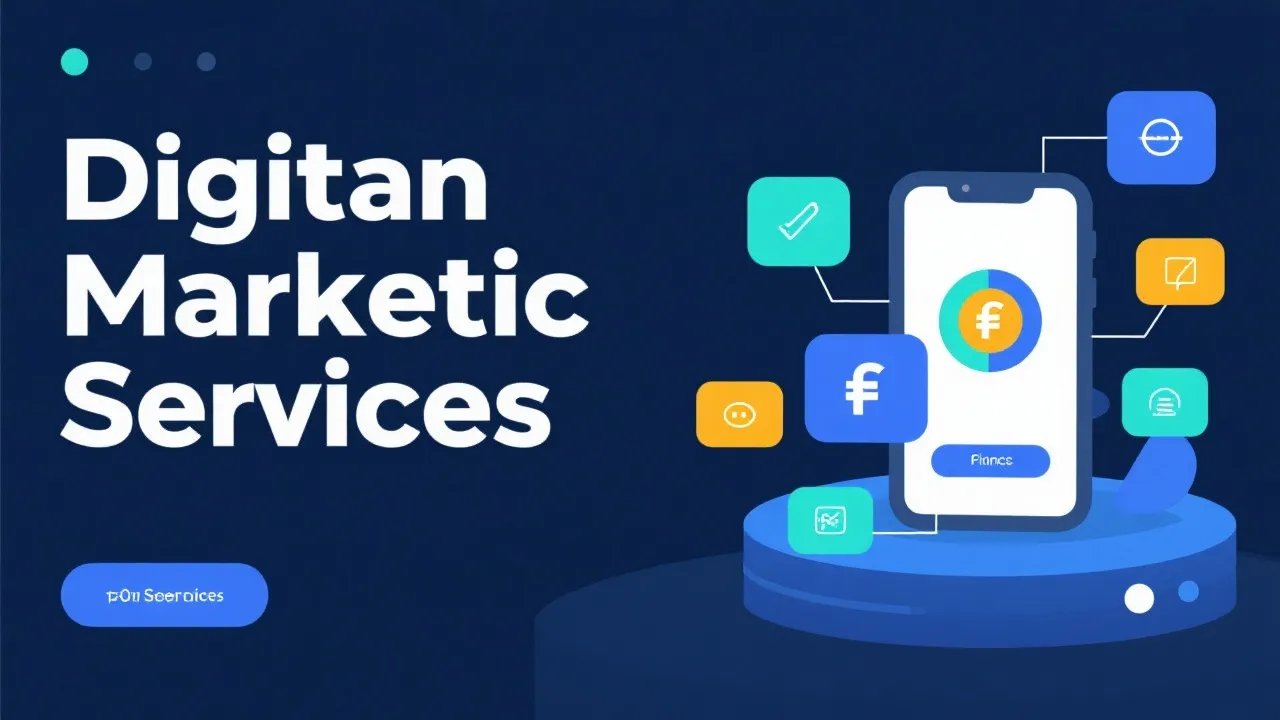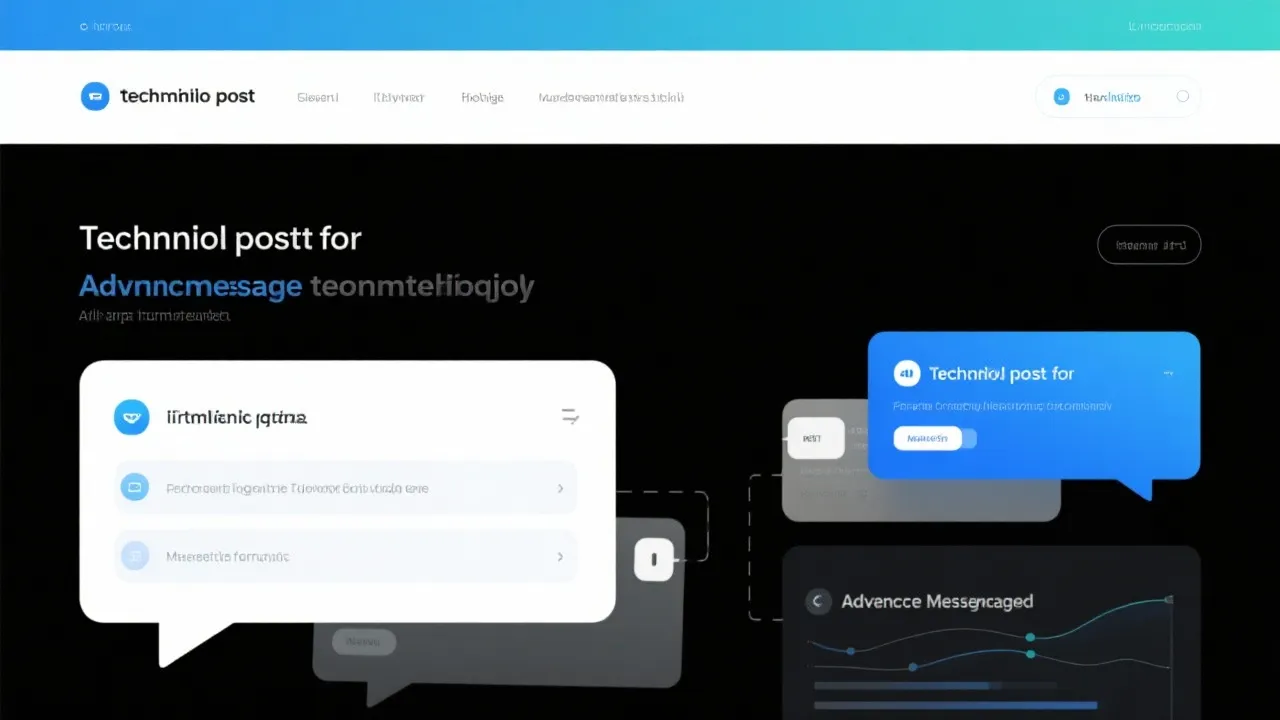Explore the intricacies of coding with 5m0907357f as we delve into expert insights and comprehensive analyses. Coding, the process of designing and building executable computer programs, plays a pivotal role in software development. The industry has witnessed a vast evolution driven by emerging technologies, making expertise in coding an invaluable asset in today's digital world.

In the rapidly evolving field of technology, coding serves as the backbone of all digital applications, from simple web pages to complex artificial intelligence systems. "5m0907357f Coding" represents more than just a keyword; it signifies a gateway to mastering software development skills that are vital in today's tech-driven society.
As the world becomes increasingly reliant on technology, the importance of coding cannot be overstated. Programmers create the frameworks and applications that facilitate everything from e-commerce transactions to social media interactions. This digital architecture is not only crucial for operational efficiency but also for innovation. Businesses today leverage coding to automate tasks, analyze data, and improve user experiences. Understanding how to code opens up opportunities in various fields, making it a pivotal skill in the modern job market.
The specific term "5m0907357f Coding" is intriguing and often attracts professionals seeking to refine their coding skills. It represents specialized techniques and methodologies unique to certain software environments or projects. Understanding the mechanics behind 5m0907357f requires a deep dive into coding languages, problem-solving techniques, and project management tactics tailored for advanced software engineering tasks.
In addition to mastering specific coding languages, becoming proficient in 5m0907357f Coding often means diving into the best practices of software development. This includes understanding design patterns which are optimized ways of solving common problems, and the principles of object-oriented programming (OOP) which allow developers to structure software in a way that promotes reusability and efficiency. For example, mastering design patterns can drastically improve one's ability to write clean, maintainable code that other developers can easily understand and work with.
Furthermore, the nuances of 5m0907357f Coding also encompass knowledge about software lifecycle methodology such as Agile and DevOps practices. These frameworks enable teams to streamline their workflow, ensuring that projects are not only completed in a timely manner but that they also adapt dynamically to changes in requirements or unforeseen complications.
To embark on a successful coding journey, one must begin with a solid foundation. This involves selecting the appropriate coding languages to learn based on project requirements. Languages such as Python, Java, and C++ are immensely popular for their versatility and industry demand.
Each of these languages presents unique advantages and disadvantages. Thus, aspiring coders should focus not only on mastering a language but also on understanding where it fits within the broader context of project needs and industry demands. This means that a developer should regularly assess market trends and emerging technologies to guide their learning journey effectively.
Advanced proficiency in 5m0907357f Coding requires understanding complex algorithms, system architecture, and database management. Topics such as machine learning, cybersecurity, and cloud computing often intertwine with coding expertise, pushing the boundaries of what's achievable through code.
For instance, in machine learning, understanding data structures and algorithms is critical in developing models that can predict outcomes based on input data. A solid grasp of coding principles allows developers to manipulate data efficiently, select appropriate models, and implement them effectively using coding frameworks like TensorFlow or PyTorch.
Moreover, security has become paramount in every field that relies on software. Cybersecurity skills, such as knowledge of encryption and secure coding practices, are now crucial as businesses confront increasing threats from hacking and data breaches. Familiarity with security policies and best practices helps coders build resilient applications that safeguard user data while maintaining performance and usability.
Additionally, cloud computing has revolutionized how applications are built and deployed. Proficiency in 5m0907357f Coding involves understanding cloud architecture, familiarizing oneself with platforms like AWS, Azure, or Google Cloud, and utilizing services such as serverless computing, which allow for scalable application development without the hassle of managing server infrastructure. With the rising importance of remote work arrangements, these skills become particularly valuable as businesses migrate their operations to the cloud.
The relevance of coding extends beyond software development; it is crucial in various sectors, including finance, healthcare, education, and entertainment. For instance, with FinTech innovations, coding enables the automation of banking services, resulting in increased efficiency and improved customer experiences.
In the healthcare sector, coding plays a significant role in developing applications that manage patient records, ensure data privacy compliance, and support telemedicine. With the pandemic accelerating the adoption of telehealth solutions, there’s a high demand for coders who can build user-friendly, secure, and robust systems that enable healthcare professionals to serve their patients effectively from a distance.
In the field of education, online learning platforms leverage coding to create interactive and engaging learning experiences. From Learning Management Systems (LMS) that track student progress to gamified learning applications, coding empowers educators to provide valuable resources that cater to diverse learning styles and needs.
Entertainment is another industry transformed by coding, with video game development standing out as a key area where advanced coding skills are essential. Game developers utilize languages like C++, Unity, or Unreal Engine to create immersive experiences. The gaming industry not only generates substantial revenue but also introduces technological innovations, such as augmented reality and virtual reality experiences, which further require sophisticated coding expertise.
Ultimately, coding has become the bridge connecting various domains, driving advancements and efficiencies across all sectors. This interdisciplinary nature of coding highlights its importance in creating solutions that are not just functional but also impactful.
| Challenge | Solution |
|---|---|
| Keeping Up with Technology | Stay updated with the latest tools and languages through continuous learning. Engaging with online communities, attending workshops, or subscribing to tech blogs can aid this process. |
| Debugging Complex Code | Adopt a systematic approach and utilize advanced debugging tools. Techniques such as code reviews and pair programming can provide valuable insights while addressing issues. |
| Collaboration in Team Environments | Integrate version control systems like Git to streamline team workflows and enhance communication. Regular stand-ups and collaborative coding sessions can further improve project outcomes. |
| Developing Problem-Solving Skills | Engage in coding challenges and competitive programming, which helps sharpen analytical thinking and the ability to address complex problems through coding. |
| Balancing Theory and Practical Application | Focus on project-based learning that combines theoretical knowledge with real-world applications, ensuring a well-rounded understanding of coding concepts. |
Addressing these challenges requires a commitment to lifelong learning, adaptability, and a collaborative mindset. By embracing the journey of becoming proficient in coding, individuals not only enhance their technical skills but also cultivate resilience—one of the most valuable traits in a constantly changing technological landscape.
Setting a clear learning trajectory is essential. Start by identifying your career goals, whether it's becoming a software developer, a data scientist, or a cybersecurity expert. From there, create a tailored learning plan that includes online courses, bootcamps, and real-world project involvement.
Online resources such as Codecademy, Coursera, or Udemy offer structured courses that cater to various skill levels. Participating in coding bootcamps can provide immersive, hands-on experience and often culminates in a capstone project, showcasing the skills you've acquired to prospective employers. Building a portfolio with real-world projects not only demonstrates your coding abilities but also enhances your learning through practical application.
Networking with established professionals in the field is crucial as it offers insights into industry trends, opportunities, and best practices. Attending meetups, tech conferences, or joining coding clubs can foster connections with like-minded individuals who can provide support and motivation as you progress in your coding career.
Self-directed learning through resources like open-source projects is also a valuable avenue. Contributing to these projects allows you to collaborate with other developers, learn from code reviews, and understand how to navigate the complexities of working in a real-world coding environment. This practice not only hones your skills but also significantly boosts your confidence as you engage with a community of experienced coders.
It is a specialized approach to coding, essential for managing specific software systems and project scales effectively. This encompasses various methodologies and disciplines that enhance the coding experience.
It enables the creation and implementation of digital solutions that drive technological advancements across industries. As our reliance on technology grows, so does the necessity for skilled coders who can innovate and sustain systems.
Begin with compact programming courses tailored to your interests, gradually progressing to more complex topics. Engage in practical projects and seek feedback from peers and mentors to refine your skills effectively.
Consider utilizing platforms like GitHub to explore open-source projects, join coding forums such as Stack Overflow for community support, or subscribe to newsletters that highlight the latest in coding technologies.
Set incremental goals to maintain progress and celebrate small achievements. Participating in hackathons or coding challenges can also provide excitement and a sense of accomplishment as you navigate the learning curve.
As we delve deeper into the digital era, skills like 5m0907357f Coding become increasingly valuable. By pursuing specialized learning paths, embracing continuous education, and tackling coding challenges head-on, individuals can ensure their competencies remain future-proof. In today's fast-paced technological landscape, coding not only empowers individuals to participate in innovation but also provides them with the versatility to adapt to various career paths.
Moreover, as automation continues to reshape industries, the need for humans who can create, maintain, and innovate through code becomes imperative. By equipping oneself with strong coding skills, one can carve out a rewarding and sustainable career, actively contributing to shaping the future of technology, where possibilities are limitless. The journey may be challenging, but the rewards of being a proficient coder—a creator of digital solutions—are immensely fulfilling and significant in shaping a better tomorrow.
Navigating Online Bank Accounts

Understanding AC 380 Systems

Discovering the Tiguan's Versatility

Integrating Usaepay with WooCommerce

Understanding BA 270 Concepts

Understanding AMQ 6209 in Detail

Understanding Hydac RF Filtration Systems

Understanding the BA 270 Course

Navigating the Realm of Business Communication
